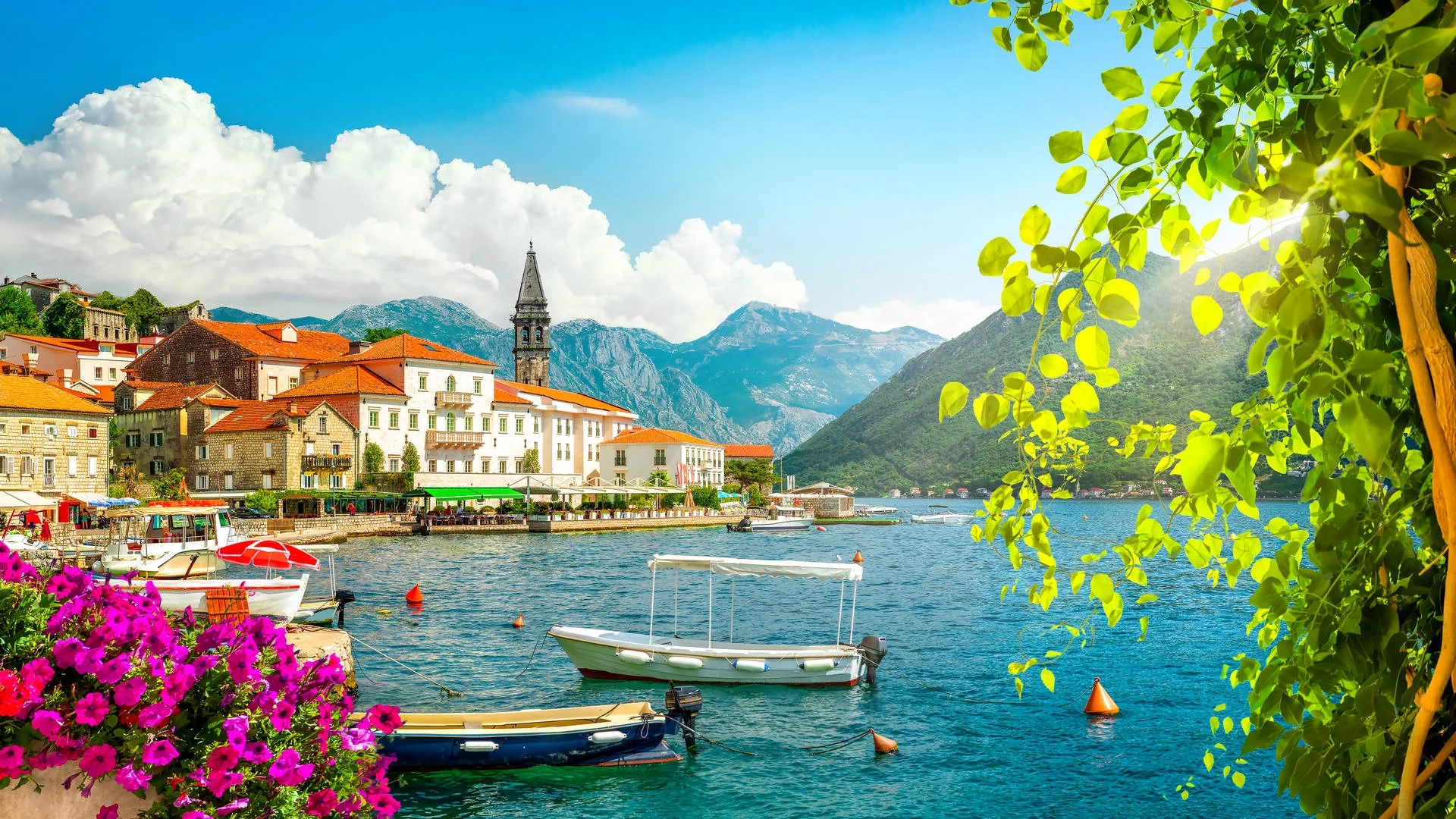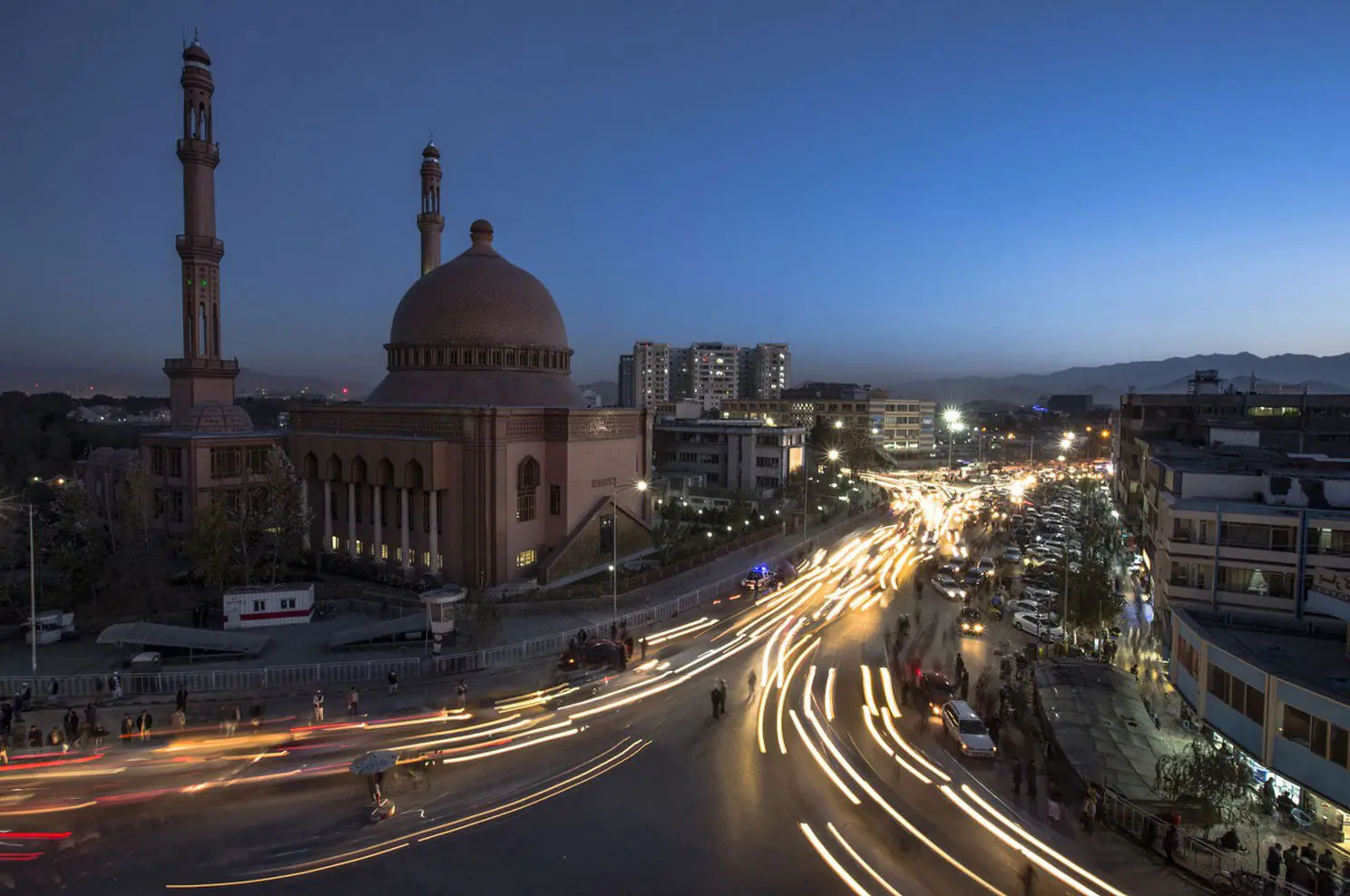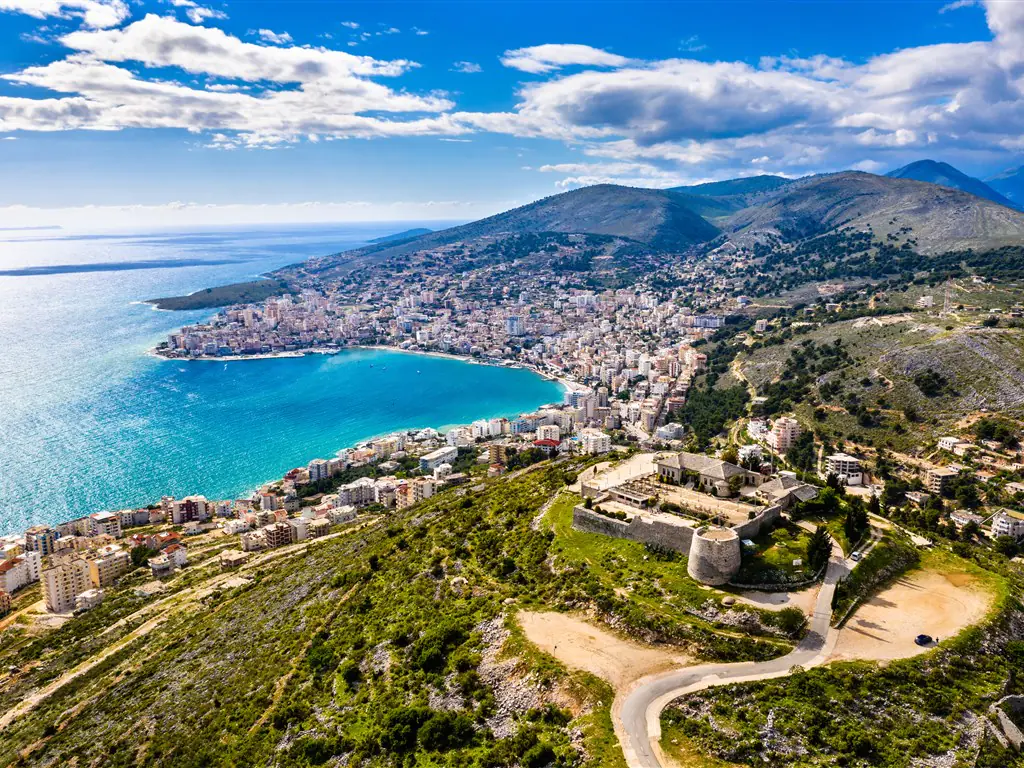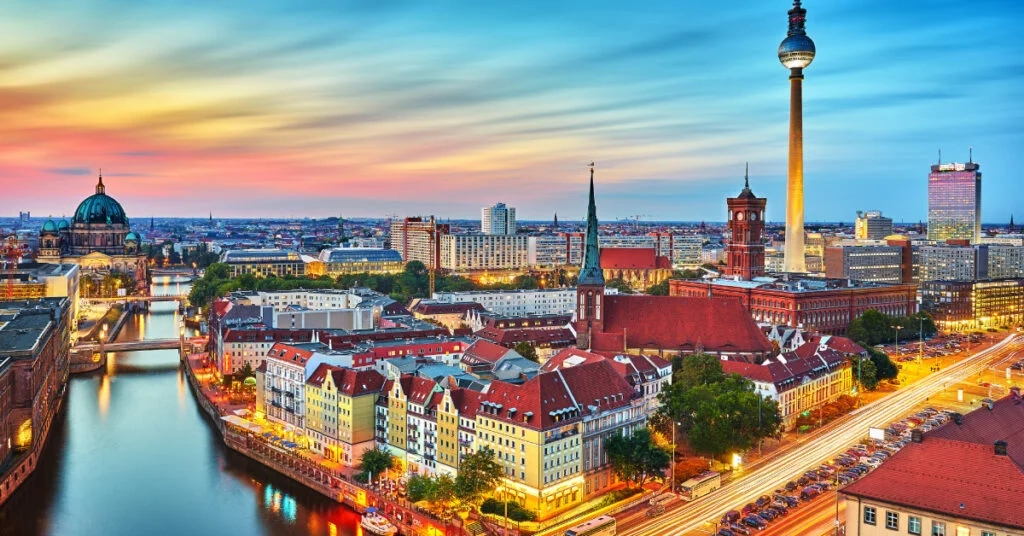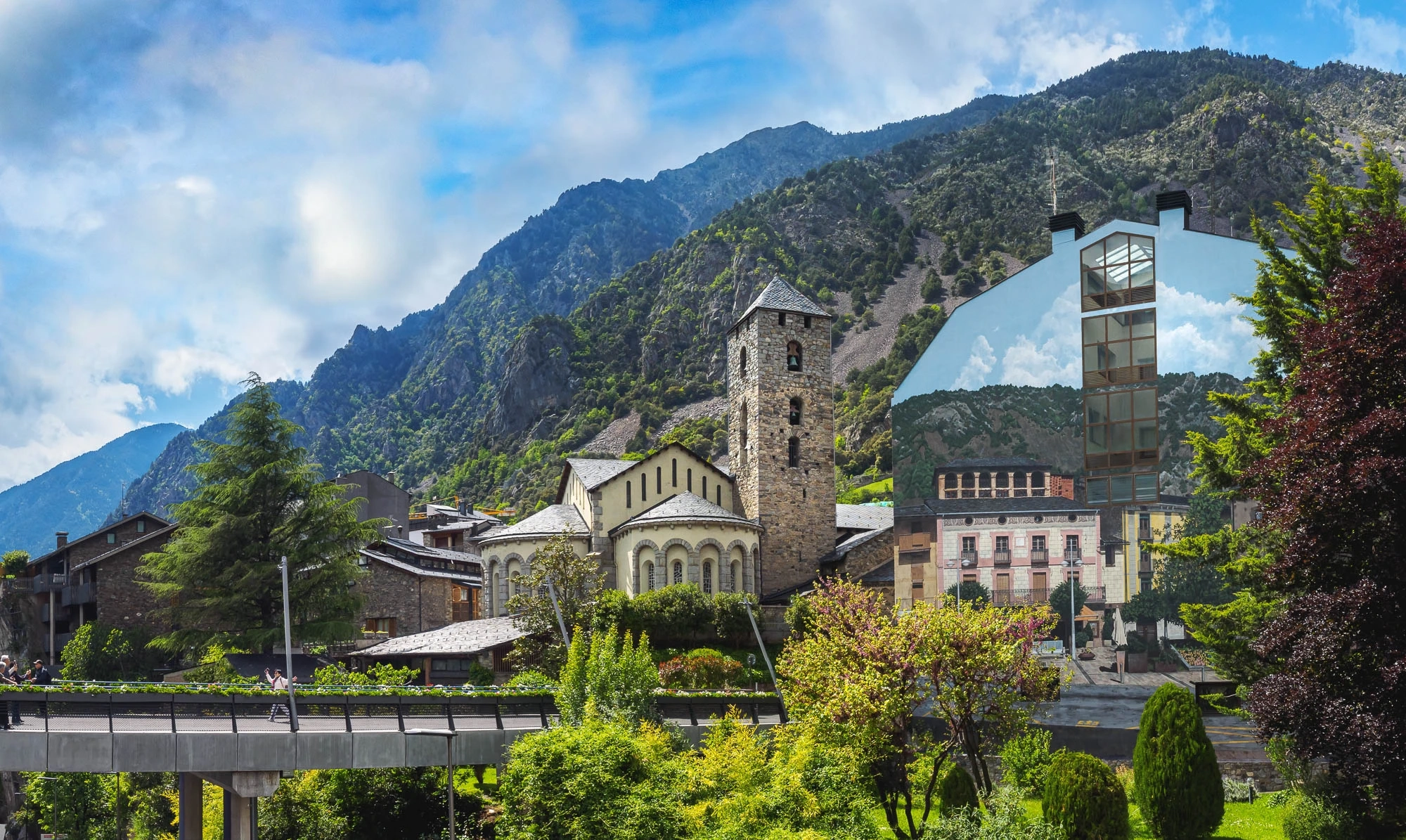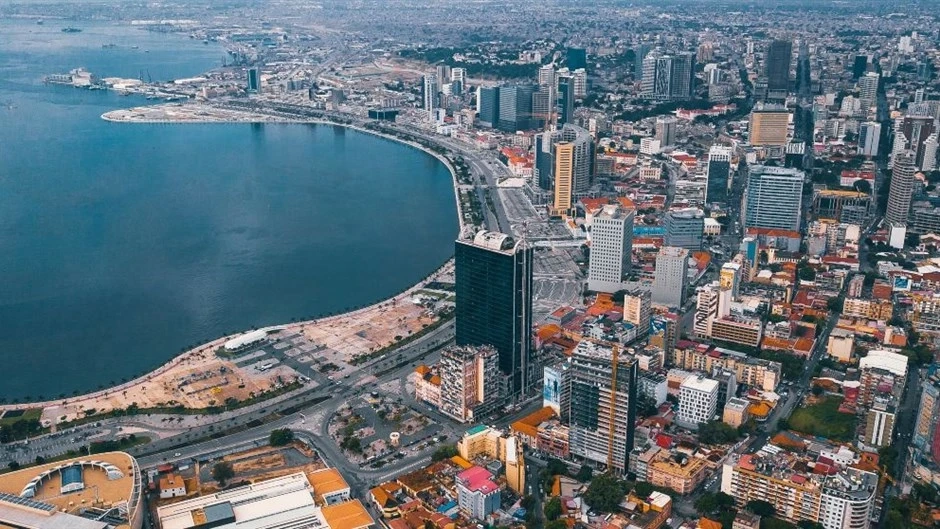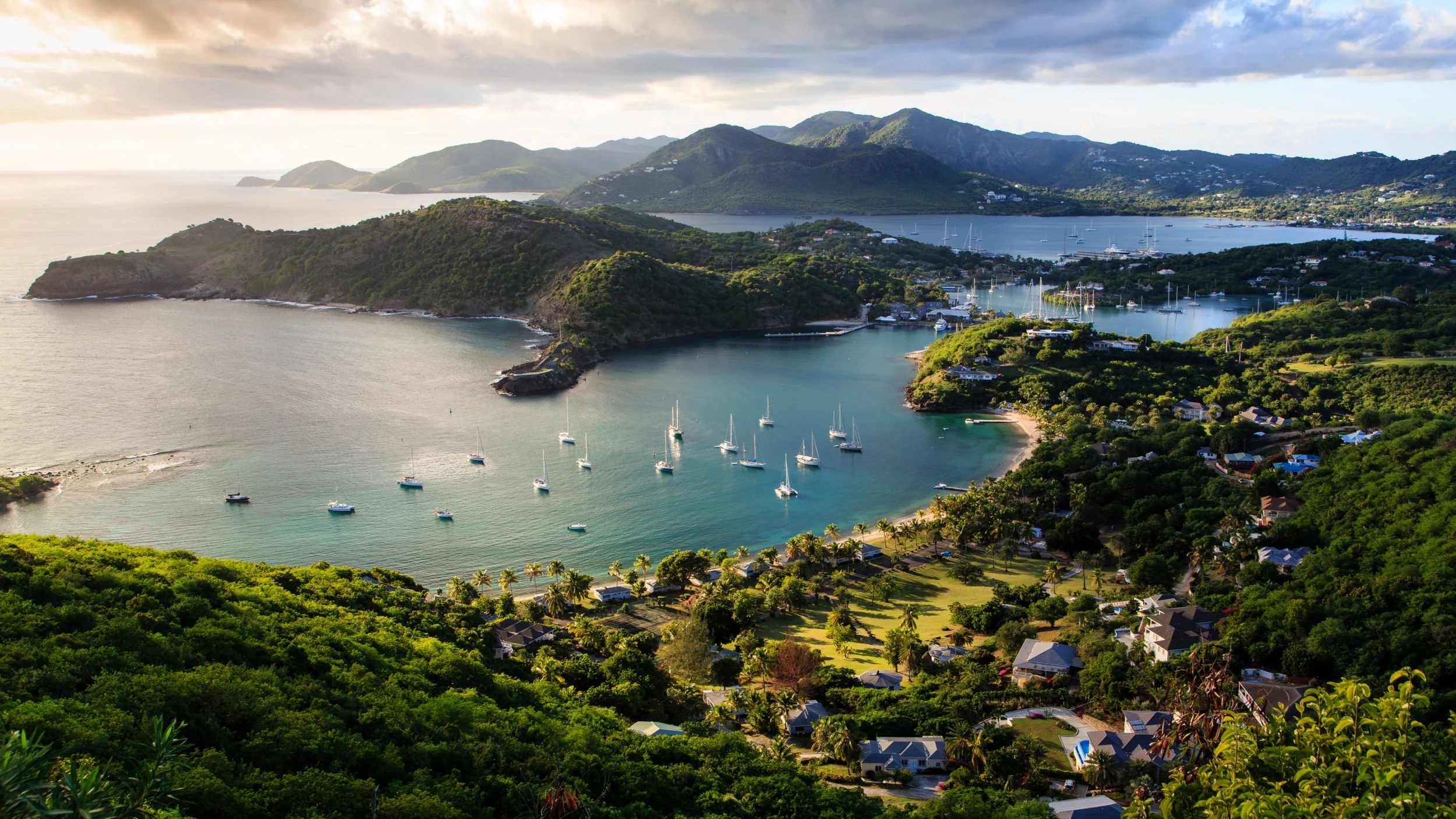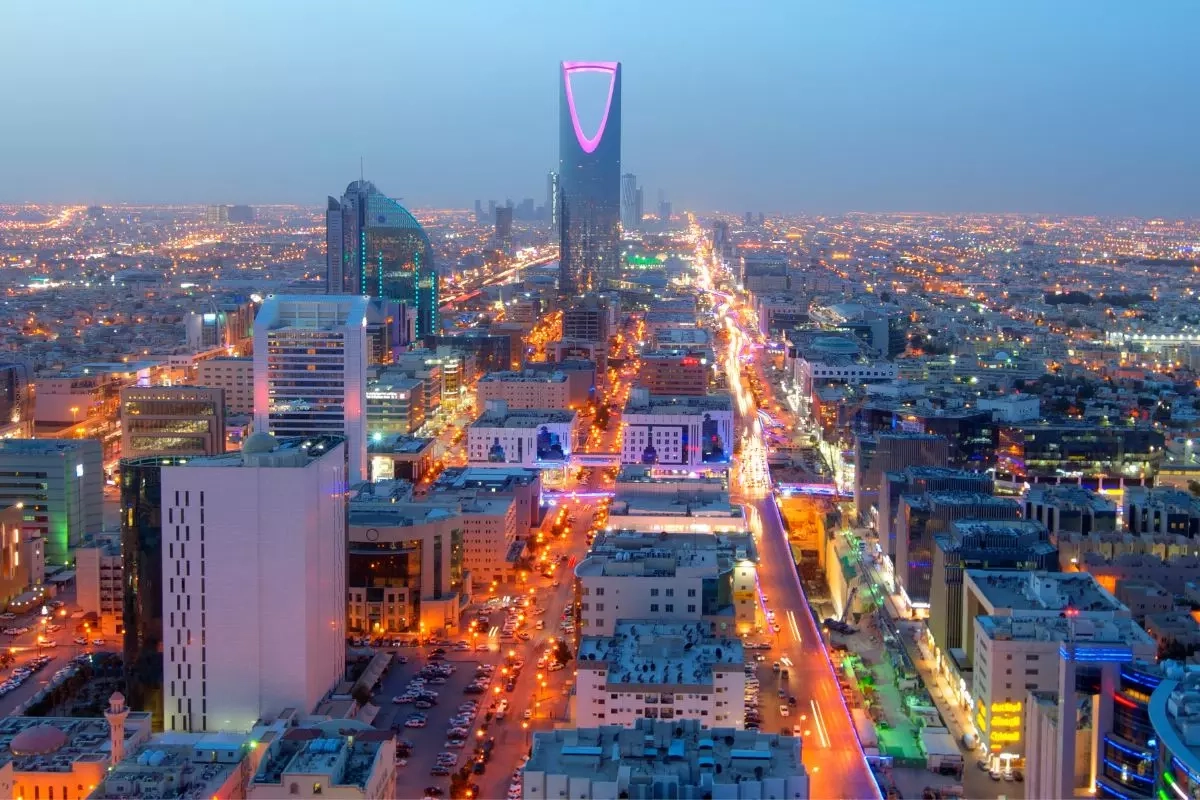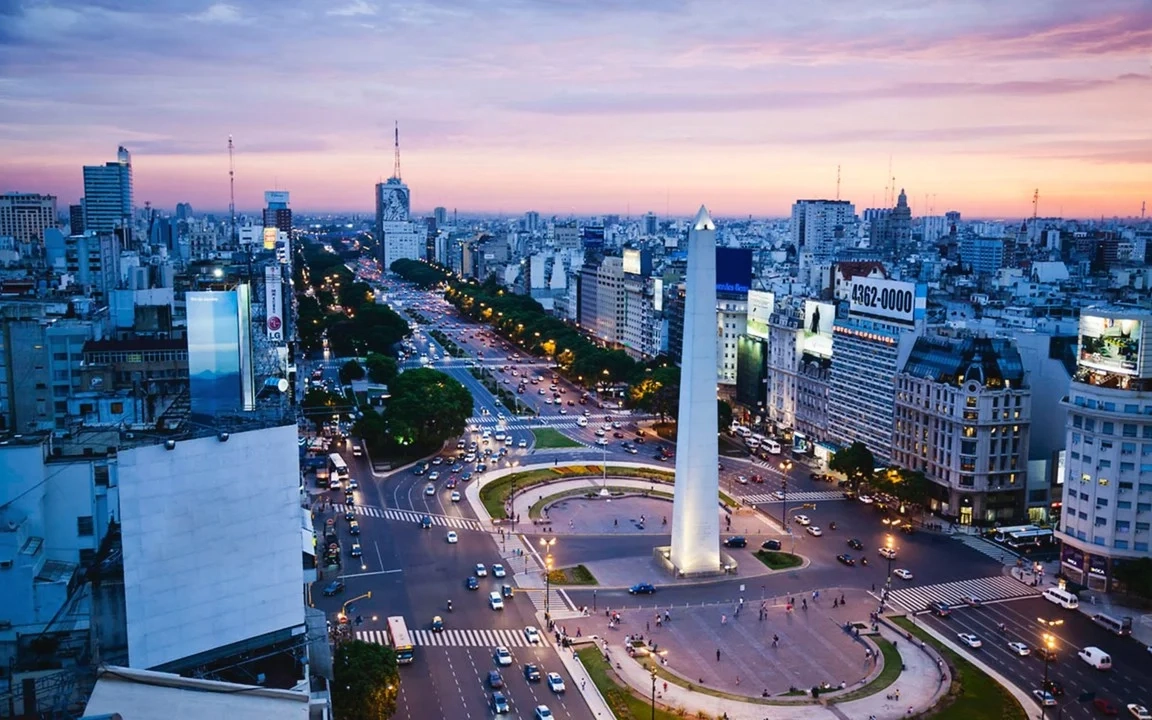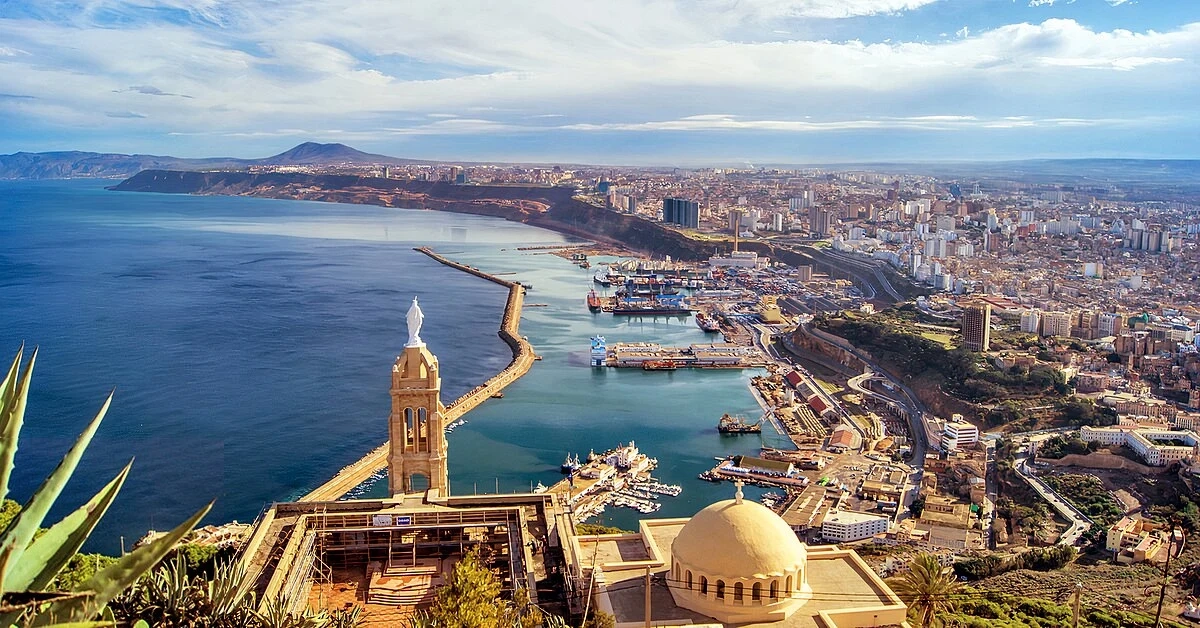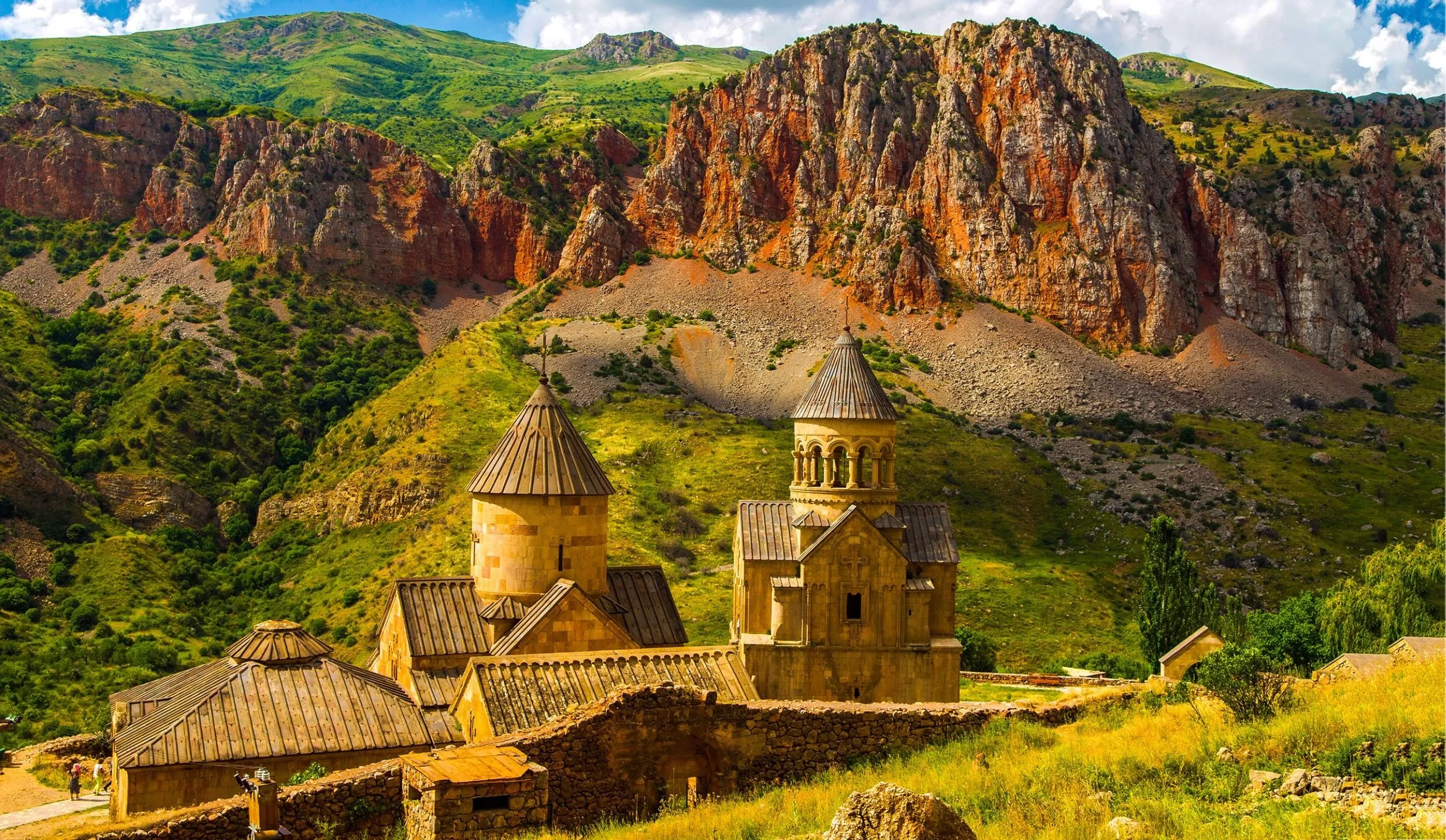1. Cost of Living: Montenegro is known for its relatively affordable cost of living compared to many Western European countries. Rent, utilities, and daily expenses are generally lower, but costs can vary depending on the region and lifestyle.
2. Housing: Rent prices vary based on location, with coastal areas and tourist destinations typically having higher rents. Inland and rural areas may offer more budget-friendly options. Average rent costs should be researched for specific cities or regions.
3. Healthcare: Montenegro has a public healthcare system, and residents and expatriates may have access to medical services. However, some expatriates choose to have private health insurance to ensure access to a broader range of healthcare services.
4. Transportation: Public transportation options include buses, taxis, and ferries. Many residents also use private vehicles. Roads and infrastructure can vary in quality, especially in more rural areas.
5. Food: Montenegro offers a diverse culinary scene. Local markets and supermarkets provide fresh produce and groceries. Dining out can range from affordable local eateries to higher-end restaurants, particularly in tourist areas.
The average cost of living in Montenegro approximately can vary from €370 to €1100, based on factors such as location, lifestyle, and individual spending habits. A rough estimate of monthly living expenses for a single person:
- Rent for a one-bedroom apartment: €300 - €600
- Utilities (electricity, heating, cooling, water, garbage): €50 - €100
- Internet: €20 - €30
- Groceries: €150 - €200
- Dining out: €5 - €15 per meal (varies based on the type of restaurant)
- Transportation: €30 - €50 (monthly public transportation pass) or additional costs if owning a car
- Health insurance: €30 - €50 (varies based on coverage and provider)
- Miscellaneous expenses: €50 - €100.
Pros of Living in Montenegro:
- Natural Beauty: Montenegro is known for its stunning landscapes, including mountains, lakes, and a picturesque coastline along the Adriatic Sea.
- Cost of Living: Compared to many Western European countries, the cost of living in Montenegro can be relatively lower, making it an attractive option for expatriates.
- Mediterranean Climate: The coastal areas enjoy a Mediterranean climate, with warm summers and mild winters, making it an appealing destination for those who prefer a temperate climate.
- Cultural Heritage: Montenegro has a rich cultural heritage with historical sites, medieval towns, and diverse influences from its past.
- Access to the Adriatic Sea: The country's coastline provides access to the beautiful Adriatic Sea, offering opportunities for water-based activities and a relaxed lifestyle.
Cons of Living in Montenegro:
- Economic Challenges: Montenegro faces economic challenges, and certain areas may have limited job opportunities, particularly in comparison to more developed European nations.
- Infrastructure: While infrastructure has improved, some areas may still lack modern amenities, and road conditions in certain regions may be challenging.
- Bureaucracy: Dealing with administrative processes and bureaucracy can be time-consuming and frustrating for newcomers.
- Seasonal Tourism Impact: In coastal areas, the economy is significantly influenced by seasonal tourism. During the off-season, some services and facilities may be limited.
- Political Situation: The political situation can be complex, and expatriates may need to stay informed about the country's political developments.
1. Podgorica: As the capital and largest city, Podgorica is the political and economic center of Montenegro.
2. Kotor: Nestled along the Bay of Kotor, this medieval town is known for its well-preserved architecture and stunning landscapes.
3. Budva: A coastal town known for its beaches, historic sites, and vibrant nightlife.
4. Tivat: Located on the Bay of Kotor, Tivat is known for its marina, Porto Montenegro, and growing expatriate community.
5. Herceg Novi: Situated at the entrance of the Bay of Kotor, Herceg Novi is known for its historic sites and greenery.
- Learn the Language:
While English is widely spoken, especially in tourist areas, learning the local language (Montenegrin) can enhance your experience and make daily life easier.
- Job Search and Employment:
Secure a job or have a job offer before moving to Montenegro, as this can be a crucial factor in obtaining a work visa. Network with local businesses and explore job opportunities in your field.
- Cultural Integration:
Understand Montenegrin culture and customs to ease your integration into the local community. Connect with expatriate communities, attend local events, and participate in cultural activities.
- Healthcare Considerations:
Familiarize yourself with Montenegro's healthcare system and consider obtaining health insurance that covers your needs. Ensure that you have access to medical services in your chosen city.
- Housing:
Research the housing market in Montenegro and secure accommodation before your arrival. Consider factors such as proximity to work, amenities, and transportation.
